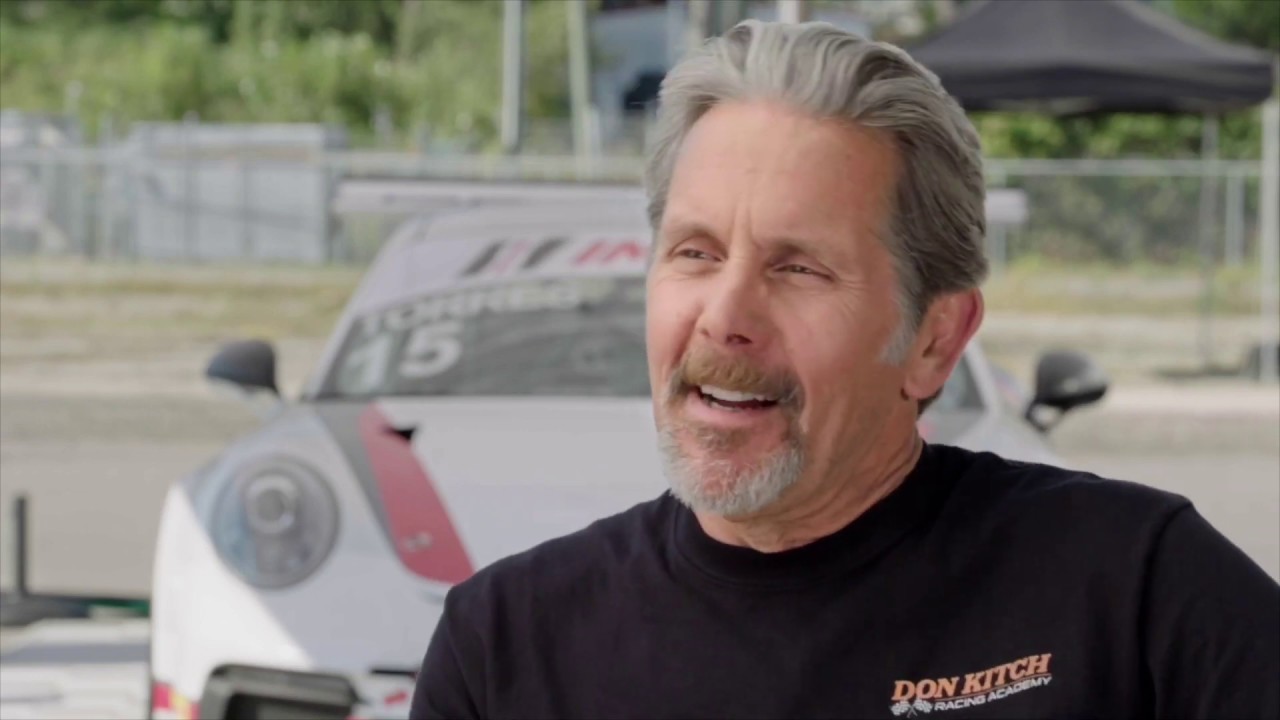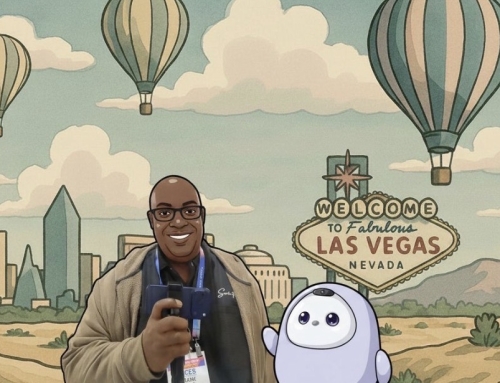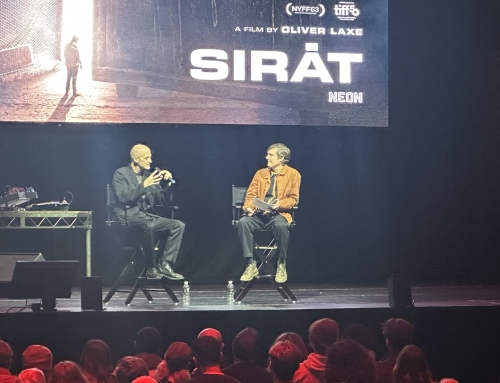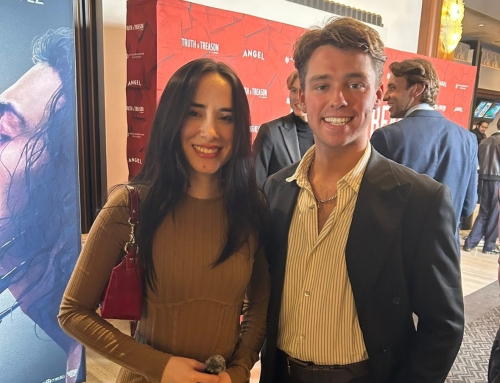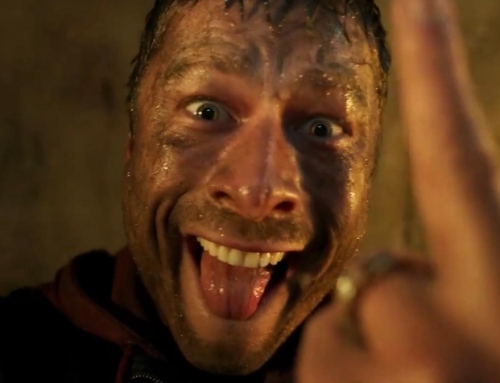Based on Garth Stein’s beloved novel, which spent three and a half years on the bestseller list and has been translated into 38 languages, THE ART OF RACING IN THE RAIN stars Milo Ventimiglia, Amanda Seyfried and the voice of Kevin Costner as Enzo, the philosophical dog, who narrates the tale.
Through his bond with his owner, aspiring Formula One race car driver Denny Swift, Enzo has gained tremendous insight into the human condition and understands that the techniques needed on the racetrack can also be used to successfully navigate the journey of life. The film follows Denny and the loves of his life: his wife, Eve, their young daughter Zoë, and ultimately, his true best friend, Enzo.
Enzo has seen a documentary about Mongolia, where it’s believed that when a dog finishes living his lifetime as a dog, his next incarnation will be as a man. Enzo longs to be reincarnated as a human, with opposable thumbs and a speech-facilitating tongue.
Like the novel, the film is narrated by the wise and philosophical dog, Enzo. Director Simon Curtis (Goodbye Christopher Robin, My Week with Marilyn) says, “Enzo’s brilliant voiceover is very insightful. Sometimes it’s very accurate, sometimes it’s flawed, but that’s part of the enjoyment. Sometimes he gets it right, sometimes he gets it wrong, but he’s a very well-meaning dog who wants to learn in the hope that he can come back as a human in his next life. One of the things I’ve most enjoyed about this shoot is that there are scenes in this film that one has seen hundreds of times – the birth of a child, the leading character being put into handcuffs, the wedding, and so on – but seeing them from a dog’s point of view makes those scenes very fresh and original.”
Perhaps best known for his starring roles on TV’s Gray’s Anatomy as well as such films as Enchanted, Made of Honor and Sweet Home Alabama, Patrick Dempsey is also a producer and an accomplished race car driver. He came across the novel just before it was published in 2008.
Dempsey had previously worked with Neal H. Moritz, Tania Landau and Original Film on Made of Honor and Sweet Home Alabama, and they re-teamed to produce. The project made its way to various studios, and ultimately found its rightful home at Fox 2000.
Moritz recalls I loved the book from the first time I read it. It combines three things I love: a great human story, an incredible dog and car racing.”
Landau adds, “We all have feelings that our dogs are human and have human thoughts, but this put it into perspective. The metaphor that the dog has for being present, and how he relates that to Denny’s racing, as well as Denny’s journey, made the whole thing very special.”
Landau says Enzo is a very spiritual soul. “He’s seen this documentary on reincarnation and he wants to learn everything he can from Denny and imprint it on his soul. He wants to remember so when they meet when he’s human, and they shake hands, they’re going to share that wisdom. That was the most important thing that we kept throughout the story. Enzo is always the voice of spirituality. Humans aren’t always aware of it, but it seems like animals might be.”
“Enzo is every dog,” says author Garth Stein. “We had different dogs for different book covers, for the hardcover and paperback. And in its 38 languages, every language has a different dog on the cover. Every culture has its own representation of Enzo. In the books, it’s a conversation I’m having with the reader and the reader gets to project his or her own dog onto it.” Stein says that human relationships with dogs are: “All about unconditional love. They don’t ask much from us, we don’t ask much from them, except for love. And that’s a really true and wonderful relationship. I think it would be great if we, as people, could treat each other a lot more like dogs. I mean in a good way. All love, no judgment. No expectations, except love.”
Stein visited the set during production and he and his three sons appear as extras in one of the racing scenes. He says he had given up expectation of the film getting made when he got a call, saying it was finally moving full speed ahead with Fox 2000. “I was like, wow, this is kind of cool! In a sense, there were two stages of my joy. There was the stage of the build of the book getting bigger and bigger and bigger – and having an enduring kind of legacy. And now, there’s a new level of excitement – it’s going to be a movie, and Kevin Costner is going to do the voice! I get the tingles just thinking about it. This is crazy!”
Screenwriter Mark Bomback (The War for the Planet of the Apes, Wolverine) recalls Neal H. Moritz (The Fast and the Furious franchise) sending him the book in 2010 and saying, “I know this isn’t the kind of thing you usually adapt, but there’s something about this that makes me think you might respond.” At the time, Bomback’s family was thinking about getting a dog and he rationalized, “If I do this film, it will make sense to get the dog. Having a puppy while I was working on the first draft was a unique experience. It was almost like writing a film about being a parent for the first time and having a newborn, so I had a particular relationship with the book for that reason.”
Bomback, who had not been much of a dog person before, says, “There is something about these creatures who live in our homes, who are privy to the most sacred moments in our lives and have this real unconditional love for the humans in their lives. There’s this presence in the room that loves you more than you love yourself.”
Bomback describes Enzo as a gift. “Oftentimes when you’re writing a screenplay, you have two tools only: dialogue and action, that’s it. You wish you could get into the interior lives of characters in other ways, like novelists do, but you only have these two things. In this film, we have the opportunity to enter Enzo’s head through voiceover and his narration. It’s probably one of the most critical tools I had in trying to adapt the story. To me, his voice – and this is directly from the novel – is such a rich one because he is incredibly emotionally connected to everything, and is constantly trying to soak up experience as much as he can. But he also has quite a wry sense of humor, and then he’s almost like an alien in some ways, trying to interpret human behavior and he does this sort of reverse of what we do when we see animals and anthropomorphize them and give them human attributes. He winds up thinking of humans in terms of canine attributes. He’s a very unique narrator and I’m not sure I’ve ever seen one exactly like him.”
Bomback explains, “We are not privy to anything that Enzo wouldn’t be privy to. It is at once a challenge, but really a blessing when you’re writing a story like this because it forces you to approach scenes in a very unique way. You have to maximize moments and really get a lot of information out in terms of narrative and character development. But it also makes you step back and think about the stuff you’re not seeing.”
- Log In
- Live
- Check PageSpeed ScoreNot optimized
Check the PageSpeed score
PageSpeed score is an essential attribute to your website’s performance. It affects both the user experience and SEO rankings.
You can hide this element from the settings
Checking...
We are checking the PageSpeed score of your The Art of Racing In The Rain Clips, Behind the scenes, Interviews page.
PageSpeed score of The Art of Racing In The Rain Clips, Behind the scenes, Interviews pageMobile score Load time: sDesktop score Load time: sYou can hide this element from the settings


